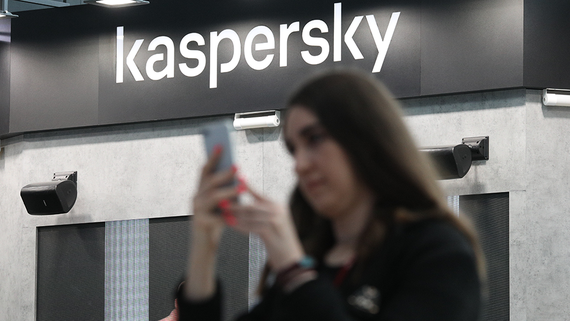“Kaspersky Lab” prevented a cyber attack on its employees from the iPhone
[ad_1]

Kaspersky Lab detected a targeted cyberattack using an iPhone. It was aimed at the employees of the company, informs press office of the organization.
The purpose of the attack was to inject a spy module into employees’ iPhones. An attack was carried out using a vulnerability in the built-in iMessage messaging application. The messages contained a malicious attachment that installed spyware on the device. The virus sends microphone recordings, photos from instant messengers, and other activity of the device owner to attackers.
The fact of infection was revealed by the KUMA network event monitoring and analysis system. Several dozen iPhones of Kaspersky Lab employees were attacked. The spyware was given the name Triangulation (“Triangulation”).
Regular iOS tools, due to the closed nature of the system, do not allow you to check the device for viruses, so to detect malware, you will need to make a backup copy of the device and check it through a free utility that Kaspersky Lab will soon publish on GitHub. One of the signs of infection is blocking system updates.
“Due to the nature of blocking iOS updates on infected devices, we have not yet found an effective way to remove spyware without losing user data,” concluded Evgeny Kaspersky, founder of the Lab.
The company will continue to investigate the incident and hopes to obtain statistics on the spread of the virus in other countries and regions.
Earlier, the FSB announced the disclosure of a US intelligence campaign using a virus on Apple mobile devices. According to the FSB, several thousand smartphones of the brand were infected. In addition to Russian users, the special service also found a virus on the gadgets of foreign subscribers using SIM cards registered with diplomatic missions and embassies in Russia. We are talking about infecting the devices of employees of the diplomatic departments of NATO countries and the post-Soviet space, as well as Israel, Syria and China.
[ad_2]
Source link








